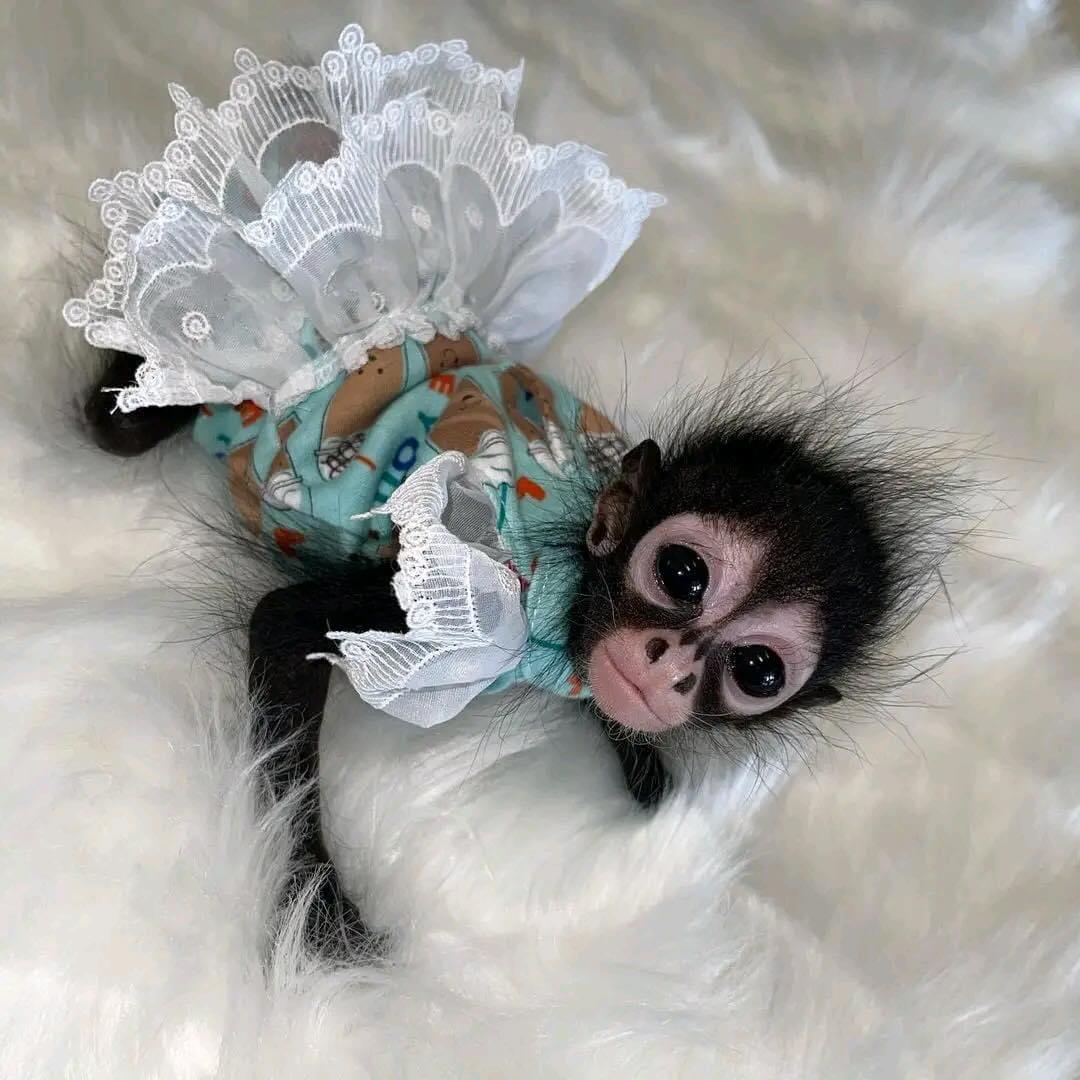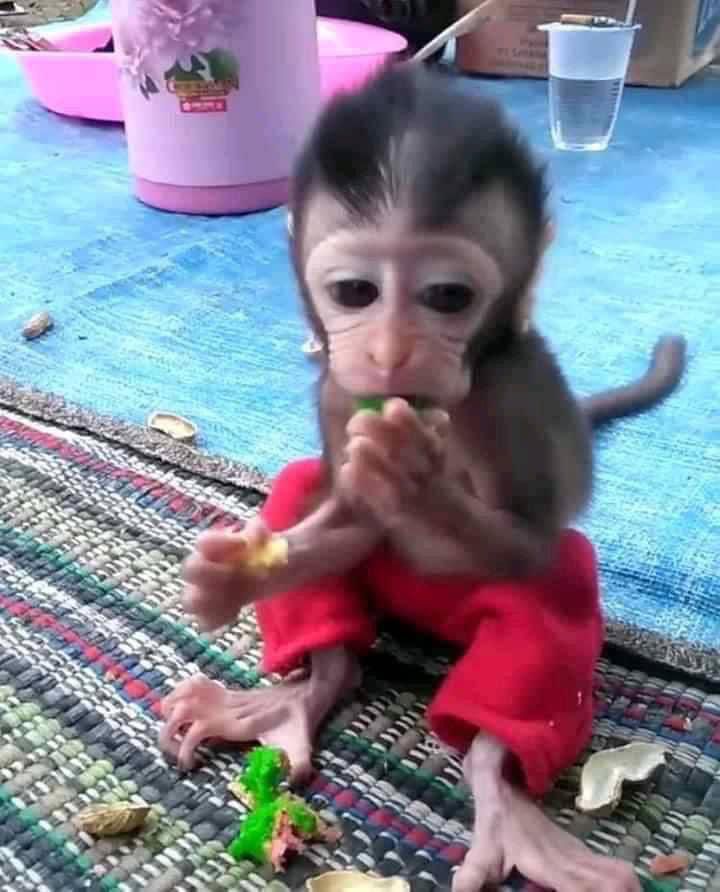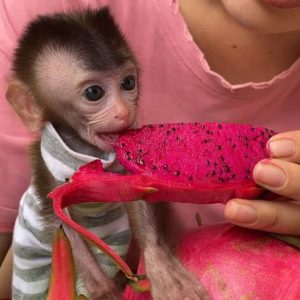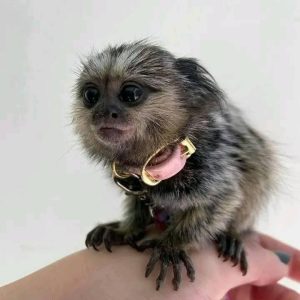Description
macaque is gregarious, forming mixed groups of several females and males. Troops can have 10 to 100 individuals and are matriarchal, with their hierarchy determined by lineage to the lead female. Unlike other macaques, the males participate in rearing the young. Males may spend a considerable amount of time playing with and grooming infants. In this way, a strong social bond is formed between males and juveniles, both the male’s own offspring and those of others in the troop. This may be a result of selectivity on the part of the females, who may prefer highly parental males.
The mating season runs from November through March. The gestation period is 147 to 192 days, and females usually have only one offspring per pregnancy. Females rear twins in rare instances. Offspring reach maturity at three to four years of age, and may live for 20 years or more.
Grooming other Barbary macaques leads to lower stress levels for the individuals that do the grooming. While stress levels do not appear to be reduced in animals that are groomed, grooming more individuals leads to even lower stress levels; this is a benefit that might outweigh the costs to the groomer, which include less time to participate in other activities such as foraging. The mechanism for reducing stress may be explained by the social relationships (and support) that are formed by grooming






